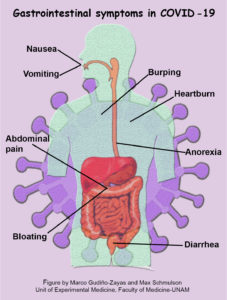COVID Symptoms: What You Need to Know

Introduction
As the world continues to navigate the challenges posed by COVID-19, understanding the symptoms associated with the virus remains crucial. The emergence of new variants has not only altered the landscape of the pandemic but has also influenced the range and intensity of symptoms experienced by infected individuals. Awareness of these symptoms can aid in early detection and promote timely medical intervention, ultimately helping to contain the virus’s spread.
Current Symptoms of COVID-19
Initially, COVID-19 symptoms were primarily characterised by fever, dry cough, and fatigue. However, ongoing research and observations from healthcare professionals have highlighted a broader spectrum of symptoms. Current reports, particularly with the rise of variants such as Omicron, indicate that symptoms can now include:
- Headaches
- Sore throat
- Runny or stuffy nose
- Loss of taste or smell
- Muscle or joint pain
- Shortness of breath
- Nausea or vomiting
- Diarrhea
The range of symptoms can vary significantly among individuals, with some experiencing mild manifestations while others suffer from severe illness. Monitoring for these emerging symptoms is crucial, especially in the context of rising case numbers globally.
The Impact of Variants
As the virus continues to mutate, variants such as Delta and Omicron have demonstrated differences not only in transmission rates but also in symptomatic expression. For example, studies have shown that Omicron may present with symptoms similar to those of a common cold, which could lead to delays in testing and treatment for affected individuals. The UK Health Security Agency has consistently updated its guidelines to reflect these changes, advising individuals to stay vigilant and seek testing if any symptoms arise.
Conclusion
As the pandemic evolves, so too does our understanding of COVID-19 symptoms. For the general public, staying informed about the latest symptoms can facilitate quicker responses to potential infection and contribute to wider public health efforts to curb the virus’s spread. Health authorities continue to stress the importance of regular testing and vaccination as proactive measures. Moving forward, individuals are encouraged to remain alert to any symptoms that may arise and to adhere to health guidelines as we navigate through this persistent global health challenge.









